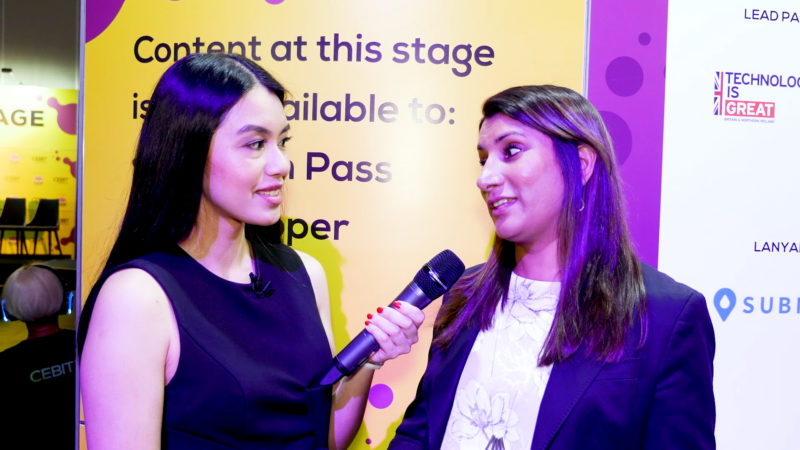Dr Jasjit Baveja is the Associate Director of Policy at the Medical Technology Association of Australia (MTAA), where she oversees regulatory affairs, clinical code of practice, procurement, industry policy, reimbursement, and advocacy. With over 20 years of experience in the medical device regulatory space, Dr Bavej’s expertise lies in providing educational opportunities for regulatory professionals in Australia to ensure continuous learning and professional development. She collaborates closely with the Therapeutic Goods Administration (TGA) to run workshops that provide invaluable experience, networking opportunities, and skill enhancement.
Regulations, such as the Therapeutic Goods Act of 1989, the Therapeutic Goods Regulations of 1990, and the Therapeutic Goods Medical Device Regulations of 2002, serve as a cornerstone for the medical technology industry and are essential in ensuring patient safety and promoting innovation within the industry.
According to Dr Baveja, “Setting stringent quality standards throughout the lifecycle of the medical device, regulations safeguard patient and public health by ensuring only safe and effective medical devices are on the market. With the confidence instilled in patients, healthcare workers, and broader stakeholders that any device that has gone through rigorous testing has met the scrutiny of regulatory requirements, the uptake of medical technology and novel medical devices is facilitated.”
MTAA offers workshops in medical device regulatory affairs for regulatory professionals, providing comprehensive education on Australian medical device regulations to enhance patient access to medical devices and streamline regulatory processes for faster approval times.
The Medical Technology Association of Australia (MTAA) is the national association representing companies in the medical technology industry.
MTAA represents manufacturers and suppliers of medical technology used in the diagnosis, prevention, treatment and management of disease and disability. The range of medical technology is diverse with products ranging from familiar items such as syringes and wound dressings, through to high-technology implanted devices such as pacemakers, defibrillators, hip and other orthopaedic implants. Products also include hospital and diagnostic imaging equipment such as ultrasounds and magnetic resonance imaging machines.
You Might also like
-
Developing the nation’s first Health and Medical Research Strategy
Professor Steve Wesselingh serves as the CEO of NHMRC, having initially trained as an infectious diseases doctor. His career includes prominent roles such as Head of the Infectious Diseases Unit at the Alfred Hospital, Director of the Burnett, Dean of Medicine at Monash University, and the inaugural Director of SAHMRI. Under his leadership, NHMRC plays a critical role in funding health and medical research, allocating approximately a billion dollars annually to investigator-led projects, clinical trials, and various strategic initiatives. NHMRC also collaborates internationally with organisations such as the MRC and the EU, and manages grant allocation for the MRFF, which distributes $650 million each year.
-
Delivering anaesthetic services to countries where surgical services can’t be provided
Dr Wendy Falloon is an Anaesthetist of over 30 years experience and a Fellow of Australian and New Zealand College of Anaesthetists (ANZCA). She studied medicine at the University of Tasmania, and worked in Hobart, Sydney and the Uk while completing her specialist qualifications. Her primary professional focus has always been to deliver the best possible experience of anaesthesia to each and every patient, and for them to know that she sees and values them, and their stories.
Having been born in Africa, she realised even as a child that health and wealth were largely a product of where people happen to be born. This sowed the seed of her ongoing desire to be of help to others in less fortunate circumstances, ultimately leading to her volunteer work with the Mercy Ships charity. This is one of the most fulfilling aspects of her career, and she has volunteered in Africa with Mercy Ships 8 times since 2014.
-
Co-design, adoption and interoperability
In October CEBIT AUSTRALIA held it’s yearly technology related conference. Australian Health Journal’s reporter Anne Dao spoke with health technology thought leaders on what needs to be consider in Co-Design, Adoption and Interoperability of technology aided healthcare delivery



